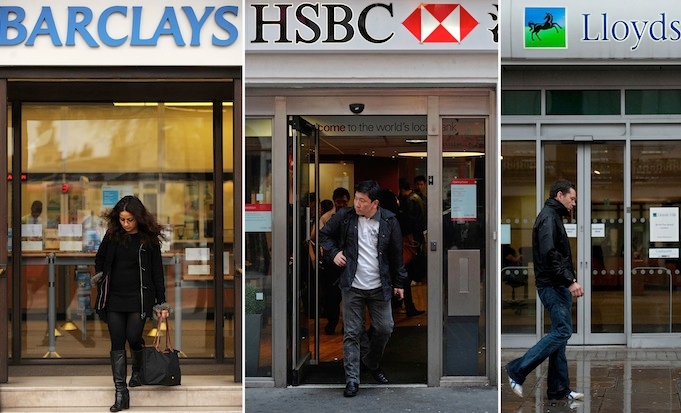It’s about time. The city watchdog has announced it will take action to improve competition in the current account market.
Let’s face it, current accounts are a bit rubbish, aren’t they? Many offer 0 per cent interest no matter the balance, overdraft charges can be extortionate, late payment fees are astronomical and, despite years of industry pleas, switching accounts is still seen as a pain in the neck.
To add to customer woes, back in August the Competition and Markets Authority (CMA) published a number of recommendations aimed at shaking the retail banking industry, including ordering banks to share customers’ information with third parties from 2018 to make it easier for them to find better deals. The report ran to 700 pages and cost £5 million. But the proposals were roundly criticised as lacking teeth and, in general, not going nearly far enough.
One major grievance was the CMA’s decision not to impose limits on overdraft charges. As anyone who has strayed into overdraft territory knows, these fees can be crippling. Depending on which bank you are with, they can range from daily interest rates set incredibly high and/or set penalties. For instance, unintentionally slipping over your limit by just a few pounds can result in a £35 charge.
In addition, research by The Co-operative Bank shows that an estimated two in five overdraft holders, who have changed to a new provider since the introduction of the Current Account Switching Service in 2013, have incurred unexpected costs and charges as a result of dipping into the red.
At the latest count, there have been 11 separate inquiries into the banking sector in the past 17 years. Yet little has changed. Since 1999, the big four of HSBC, Barclays, Royal Bank of Scotland and Lloyds Banking Group have enjoyed a stranglehold on the market. Between them, they hold three quarters of personal accounts.
So the Financial Conduct Authority’s (FCA) announcement today that it will investigate overdrafts that go ‘beyond the scope of the CMA’s recommendations’ as part of a broader inquiry into high cost loans is to be welcomed – with a pinch of salt.
What has the FCA said? In a nutshell, it plans to take action on improving transparency for overdraft users, including considering the need for rules in relation to the proposed Monthly Maximum Charge. The watchdog will begin to collect data in 2017 in order to do this. Also on the agenda is promoting innovation. According to the FCA, it will ‘consider requiring banks to publish better, comparable information’. And the regulator’s decision to review ‘high-cost, short-term credit’ means that products such as payday loans will fall under its remit.
Christopher Woolard, executive director of strategy and competition at the FCA, said: ‘It’s important that competition works well in the retail banking sector. Our work, taking action in response to the CMA’s recommendations, will help to further drive effective competition by helping customers and small businesses to take more control of their finances.
‘Our role in regulating retail banking markets goes beyond the remedies the CMA has asked us to take forward, and we will continue to look more broadly at how well these markets work, with a particular focus planned on high-cost credit including overdrafts. We will also be looking at wider retail banking business models.’
Watch this space. But don’t hold your breath.
Helen Nugent is Online Money Editor of The Spectator






Comments